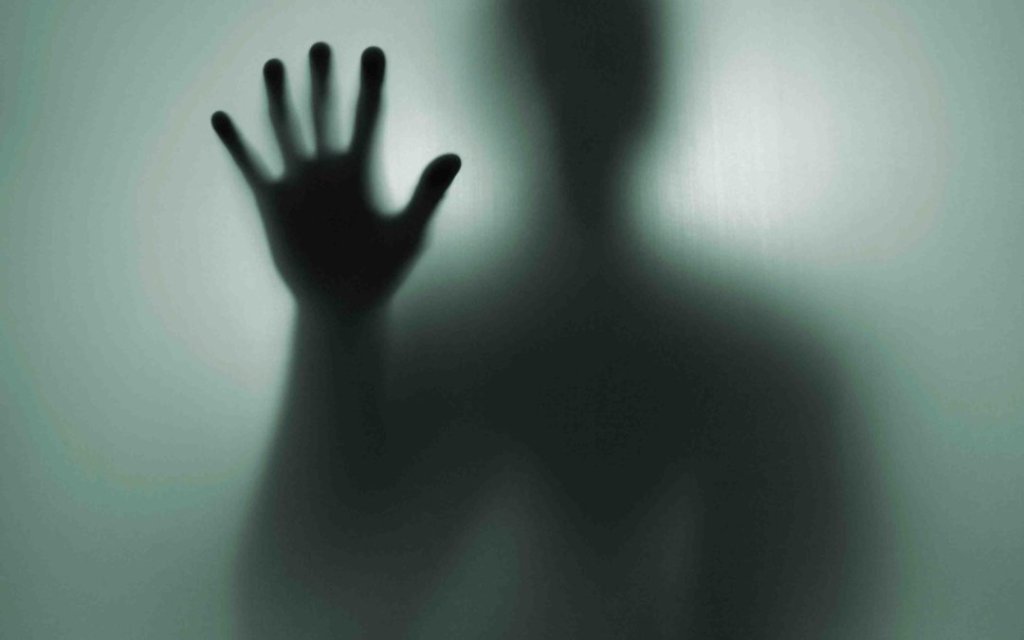On Oct. 29, Todd Manson, assistant professor of psychology had a discussion about the difference between science and pseudoscience.
Manson began by explaining what pseudoscience was. He said it is the claim or methodology that tries to appear scientific but is not.
Manson talked about the many characteristics of pseudoscience.
Characteristics of pseudoscience are exaggerated claims, scientific sounding jargon, testimonials as evidence and no scientific evaluation.
Manson said some examples of pseudoscience include fortune telling, aliens, miracle diets and the Mozart effect. The Mozart effect is when you play music for a baby and in return think that it will make the baby smarter.
There is zero scientific evidence that supports these ideas,” Manson said.
According to a Gallup Poll, thirty-seven percent of people believe in haunted houses and thirty-two percent of people believe in ghosts.
Manson said there are many reasons as to why people believe in pseudoscience.
People find it fun and entertaining. There is also a media focus with there being many TV shows and movies. There are very effective-looking demonstrations. The psychic medium technique is all about just knowing what they want to hear, Manson added.
Hannah Ison, psychology junior, one of the students who attended the discussion, commented:
I found the discussion to be very informative and fun to attend.
Read: 4 Ways Music Affects the Mind
Psychological explanations make clear why people believe in pseudoscience. Manson said many people are desperate and looking for easy solutions. There can also be a placebo effect.
With cognitive biases we tend to see unrelated events as being related and disregard coincidence.
What sets science and pseudoscience apart is the scientific method. In the scientific method, hypotheses are tested systematically and objectively. Cheating is also ruled out. Chance is accounted for. Also, examining and eliminating alternative explanations takes place.
I learned there is no actual scientific research to back these findings, added Tharp, who was one of the attendees. For example, the conspiracy theories on the holocaust denial. This topic seemed to really fuel his fire.



